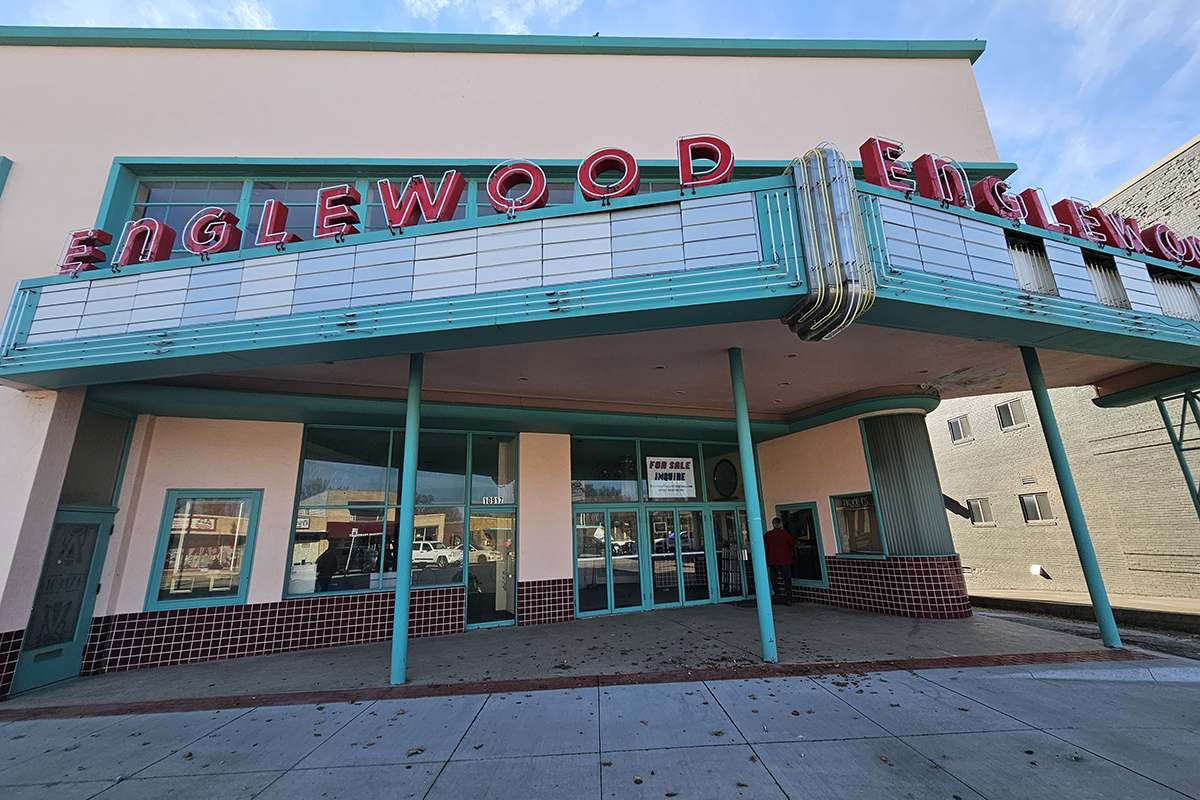Empty commercial real estate properties mean blighted neighborhoods and the loss of tax revenue. But “hypothetically empty” buildings may also mean huge tax advantages for big box businesses.
In Kansas and several other states, major corporations are using a legal tactic known as “hypothetical lease value” or “dark store” theory to possibly reduce their tax burden. The argument contends that bustling business properties should be taxed as if they were empty. Retailers claim that appraisers place too much emphasis on the income generated by businesses and not on how much the building and its land would sell for on the open market.
Thriving businesses with large retail properties generally pay taxes that are a major source of revenue for cities. In 2021, however, the Kansas Court of Appeals ruled that Johnson County had overvalued a group of Walmarts and Sam’s Clubs by nearly $123 million.
Ed Eilert, chairman of the Johnson County Board of Commissioners, says that in a two-to-one decision, judges ruled that Johnson County was not able to show that the Board of Tax Appeals erroneously interpreted or applied state law in the case.
However, the minority opinion harshly criticized the ruling, stating that the appeals court exceeded its authority granted by statute. The case is currently being appealed to the Kansas Supreme Court.
The Court of Appeals also sided with Arciterra, a Phoenix commercial real estate company that had argued that its Olathe property had been overvalued by about $5 million.
Nebraska Furniture Mart won a similar appeal to the Kansas Board of Tax Appeals against Wyandotte County by alleging that its million-plus-square-foot space should have been evaluated as if the store were closed. NFM could potentially garner a nearly $1.5 million refund from Wyandotte County’s Board of Tax Appeals.
Linda Terrill, a Johnson County lawyer and president of the American Property Tax Counsel, represented NFM in its appeal, stating that commercial property should be valued the way homes are valued, based on the assumption that the current owner-occupant will eventually leave.
In a 2017 NPR interview, Terrill said that “dark store” theory is a misnomer based on a misunderstanding of how property tax is assessed. Although Terrill would not comment on the NFM case for this article, she has said that property tax should only assess the building, not its contents.
Kansas law currently uses “fair market value” to determine property taxes. Andrea Boyack, chair of Business and Transactional Law at Washburn University School of Law, says that three methods are used to determine the value of real estate: similar nearby properties with adjustments for any unique factors; a “cost to replace” analysis; and a property’s stream of income.
“Unfortunately,” Boyack says, “the law has not been able to determine one perfect benchmark for real estate value.”
Evaluation is a seemingly gray area, and big box stores argue that local tax authorities should not make these decisions.
Beau Boisvert, a Johnson County appraiser, says, “Our evaluation date is January 1 of every year. The goal is to create a fair and equitable balance in tax evaluation, which we substantiate with relevant facts on that date.”
If Kansas were to use “dark store” theory for every evaluation, Boisvert estimates that draining local budgets of millions of dollars in commercial property tax revenue would have profoundly negative effects on libraries, school districts and city governments. The tax burden would then shift to property owners and smaller retail businesses. Services would likely be cut.
Eilert says the courts should not decide how to interpret statutes adopted by the Kansas Legislature. However, unless the Legislature can agree on a unified approach to property evaluation, expensive and protracted courtroom battles could continue indefinitely.






